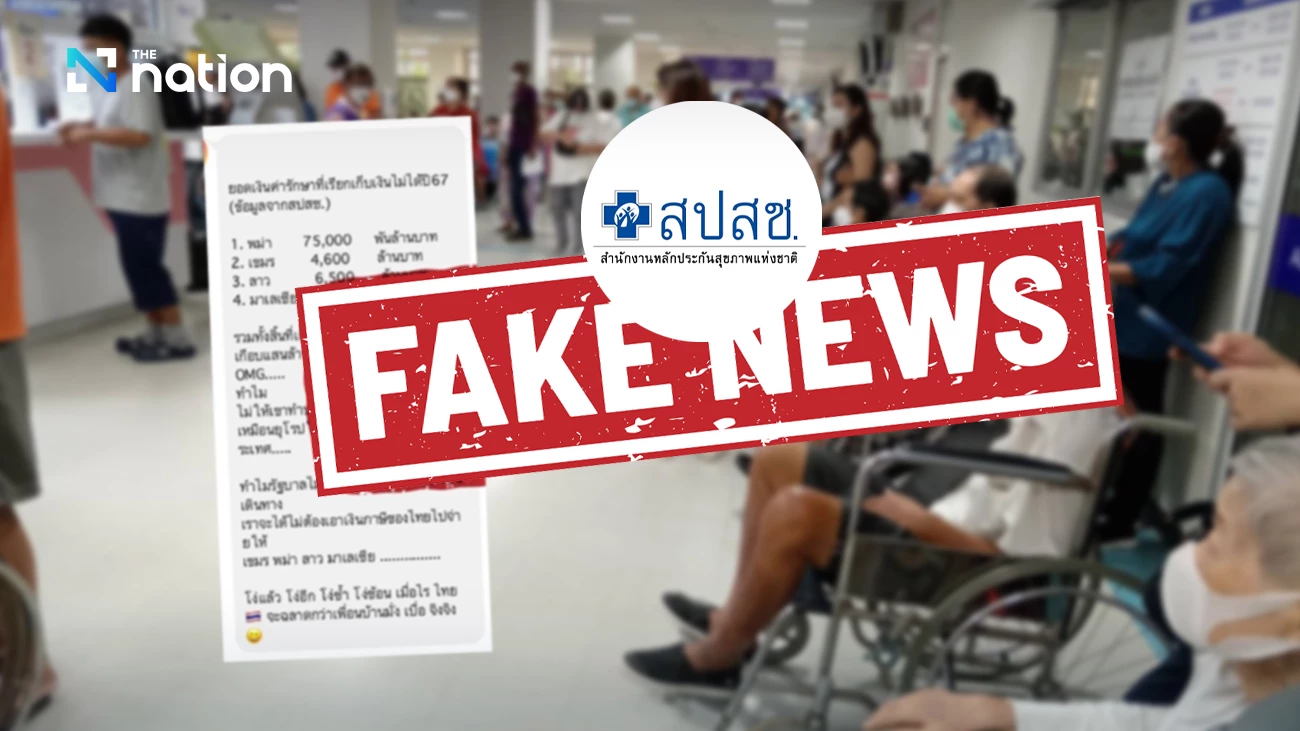Regional Turmoil: Thailand and Cambodia Locked in Escalating Border Dispute, Diplomatic Row

Tensions between Thailand and Cambodia have escalated, marked by a series of diplomatic disputes, border conflicts, and allegations of disinformation. Thailand's Ministry of Foreign Affairs vehemently rejected recent social media claims, cited byCambodia's Minister of Information, that Thailand was plotting to assassinate Cambodian leaders Hun Sen and Hun Manet. Nikorndej Balankura, Director-General of the Department of Information, denounced these accusations as entirely unfounded and defaming, asserting that such false news undermines ongoing General Border Committee (GBC) discussions aimed at peaceful resolution.
The border region itself has been a flashpoint for conflict, with significant concerns raised about landmine use and its humanitarian impact. The Royal Thai Army (RTA) is set to lead the ASEAN Interim Observation Team (IOT) to the Thai-Cambodian border to monitor alleged breaches of international law and ceasefire conditions by Cambodian troops. This initiative follows earlier visits by ASEAN envoys and representatives from countries ratifying the Ottawa Convention—which bans landmines—to Si Sa Ket province, where evidence of anti-personnel mines allegedly laid by Cambodian troops was observed, and affected residents interviewed.
Similarly, the International Committee of the Red Cross (ICRC) conducted visits to Surin, Si Sa Ket, and Ubon Ratchathani provinces to assess the humanitarian impact of cross-border attacks on civilians. The ICRC will compile a confidential report for both nations, highlighting Thailand’s commitment to humanitarian protection.
Disinformation has played a significant role in exacerbating tensions, with the Ministry of Digital Economy and Society (DES) reporting that eight of the top ten fake news items last week were related to the Thai-Cambodian border conflict. Thailand’s Ministry of Foreign Affairs has publicly accused Cambodia of a sustained disinformation campaign, alleging that Phnom Penh's commitment to a bilateral ceasefire is merely for public relations, while their actions, such as laying new landmines, using drones for harassment, inciting citizen protests, and deploying powerful improvised explosive devices (IEDs) on Thai territory, contradict their claims.
Further compounding the strained relations, Acting Prime Minister Phumtham Wechayachai stated that the government would consider a proposal from academics to sue Cambodian Prime Minister Hun Manet and his father, Hun Sen, in theInternational Criminal Court (ICC) for war crimes, or in Thai courts for causing deaths, injuries, and property damage to Thais through military orders. This stems from the National Security Council’s (NSC) resolution to pursue legal action.
A long-standing issue at Ban Nong Chan village in Sa Kaeo also exemplifies the complex border dispute. Thai government spokesman Jirayu Houngsub insisted that Cambodians had betrayed Thai hospitality and humanitarian aid by establishing and expanding a community on Thai soil. He explained that Ban Nong Chan, initially a temporary shelter for Cambodian refugees in 1977, was later used by Cambodia to encroach on Thai territory.
Despite a 13-point ceasefire agreement signed during the GBC meeting in Malaysia, Cambodia continues to pressure Thailand to dismantle barbed wire fences in the Ban Nong Chan area. Thailand maintains that these fences were erected entirely within Thai boundaries to protect its territory from further encroachment and landmine attacks by Cambodian troops, adhering to GBC agreements that prohibit new structures outside territories.
International engagement has also been a feature of the situation. Acting Prime MinisterPhumtham Wechayachai met with four US lawmakers who visited Thailand to observe regional developments and the Thai-Cambodian border conflict zone in Ubon Ratchathani. Phumtham emphasized the need to combat the conflict with truth, not information warfare, and stressed that peaceful solutions prioritizing affected civilians' lives are paramount.
He confirmed raising the issue of Cambodian mine-laying activities with the US delegation, highlighting it as a key priority over other discussions like Memoranda of Understanding 43 and 44. Despite occasional clashes and misunderstandings, efforts for further talks are set to resume, with calls for truth over propaganda to resolve the deep-seated issues between the two nations.
You may also like...
Hoops Legends Immortalized: Melo, Howard Lead Star-Studded 2025 Hall of Fame Class

The Naismith Memorial Basketball Hall of Fame welcomed its distinguished Class of 2025, honoring NBA stars Dwight Howard...
Super Falcons Make History: Nigeria Clinches 10th WAFCON Title in Thrilling Fashion
)
The Super Falcons of Nigeria have clinched their record-extending 10th Women's Africa Cup of Nations (WAFCON) title with...
Terror Triumphs: 'Conjuring: Last Rites' Haunts Box Office With Record Debut and Spine-Tingling Finale

The "allegedly final" installment, "The Conjuring: Last Rites," sees paranormal investigators Ed and Lorraine Warren con...
Detective Benoit Blanc Returns: 'Wake Up Dead Man' Delivers Sharpest Knives Out Mystery Yet

Jeremy Renner found therapeutic support in filming "Wake Up Dead Man: A Knives Out Mystery" following his snowplow accid...
Billboard’s R&B/Hip-Hop Concert Ignites Webster Hall

The Billboard R&B/Hip-Hop Power Players event culminated in a star-studded free concert at Webster Hall on September 5, ...
Afrobeat Royalty Dominates AFRIMA 2025 Nominations

The All Africa Music Awards (AFRIMA) 2025 promises a fierce competition with Nigerian superstars Burna Boy and Davido le...
Life After Lockup: The Chrisleys Grapple with New Reality and Family Drama

The Chrisley family returns to television with their new Lifetime series, <em>The Chrisleys: Back to Reality</em>, premi...
Love Story: Taylor Swift & Travis Kelce Fuel Wedding Hype Amid Engagement Buzz and Netflix Swoop

NFL star Travis Kelce and pop icon Taylor Swift have officially announced their engagement, marking a significant milest...
